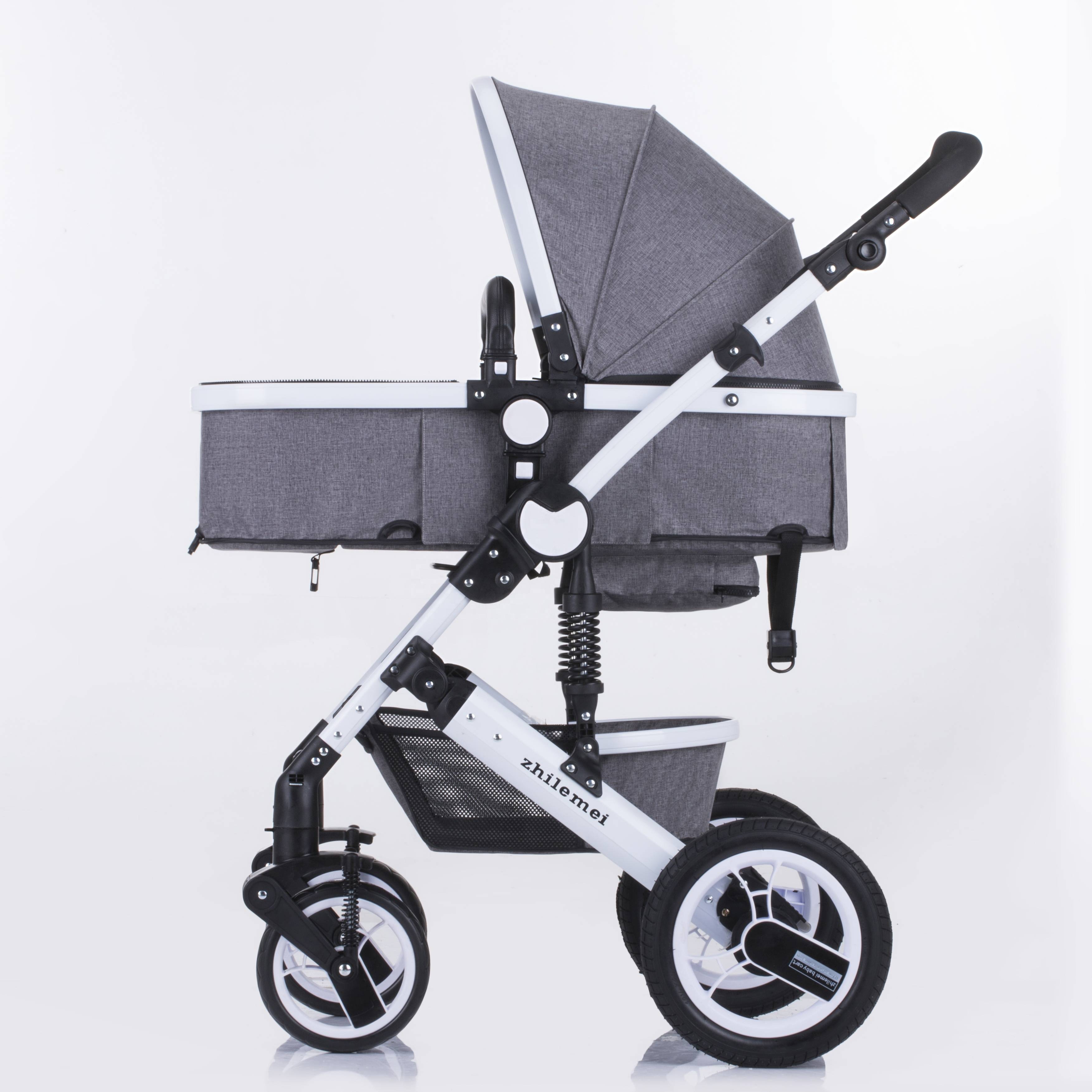8 月 . 29, 2024 14:54 Back to list
High-Quality Stroller Factory - Premium Baby Strollers Manufacturing
The Evolution and Significance of Stroller Factories
The stroller is an essential item for parents, offering convenience, safety, and comfort for both parents and their children. As demand for strollers has increased, so too has the need for efficient, innovative stroller factories that can produce these indispensable items. This article explores the evolution of stroller factories, their significance in the market, and the technological advancements driving their growth.
The Evolution and Significance of Stroller Factories
Today’s stroller factories are often characterized by a high degree of specialization. Many manufacturers focus on particular types of strollers, such as lightweight models, joggers, or travel systems. These factories employ advanced manufacturing techniques that integrate automation and robotics, allowing for increased efficiency and precision in production. This shift towards automation has not only sped up the manufacturing process but also reduced labor costs, enabling companies to offer competitive pricing on their products.
stroller factory factories

Sustainability has become a crucial factor in the operation of stroller factories. As consumers become more environmentally conscious, many manufacturers are adopting eco-friendly practices. This includes the use of sustainable materials, energy-efficient production processes, and packaging that minimizes waste. Factories are increasingly investing in research and development to create strollers that are not only durable and stylish but also environmentally friendly. This shift towards sustainability is essential in maintaining a positive brand image and meeting the expectations of modern consumers.
Quality control is another vital aspect of stroller manufacturing. Factories implement rigorous testing procedures to ensure that every stroller meets safety standards. This includes testing for stability, durability, and ease of use. Manufacturers often collaborate with safety organizations to establish guidelines that govern the production of strollers, ensuring that the final products are safe for children and easy for parents to handle. Moreover, consumer feedback plays a crucial role in improving design and functionality, with many factories making adjustments based on user experiences.
Globalization has also impacted stroller factories significantly. Many manufacturers source materials from around the world, and some may operate production facilities in multiple countries to take advantage of local labor markets and resources. This global network of production helps to reduce costs and increase availability, enabling companies to reach a broader audience.
In conclusion, stroller factories have evolved dramatically over the years, driven by the demands of modern consumers and advancements in technology. They play a vital role in the baby products market, responding to the needs for quality, safety, and sustainability. As the industry continues to grow, it remains essential for these factories to innovate and adapt, ensuring that they meet the evolving expectations of parents across the globe. The ongoing journey of stroller manufacturing not only reflects changes in consumer preferences but also highlights the potential for technology and thoughtful design to enhance everyday life for families.
-
Children Tricycle Factory Custom Designs & Safety Certified
NewsMay.30,2025
-
Best Scooters for Teens Top-Rated, Safe & Durable Rides for 2023
NewsMay.30,2025
-
Affordable Mini & Baby Bicycle Prices Best Deals & Discounts
NewsMay.29,2025
-
20-Inch Kids Tricycle Adjustable Seat, Safe & Durable Design
NewsMay.29,2025
-
20 Inch Kids Bikes Lightweight, Adjustable & Durable Designs
NewsMay.29,2025
-
Magnesium disc Bicycle wholesale children bicycle wholesale children mountain balance bicycle
NewsMar.07,2025
